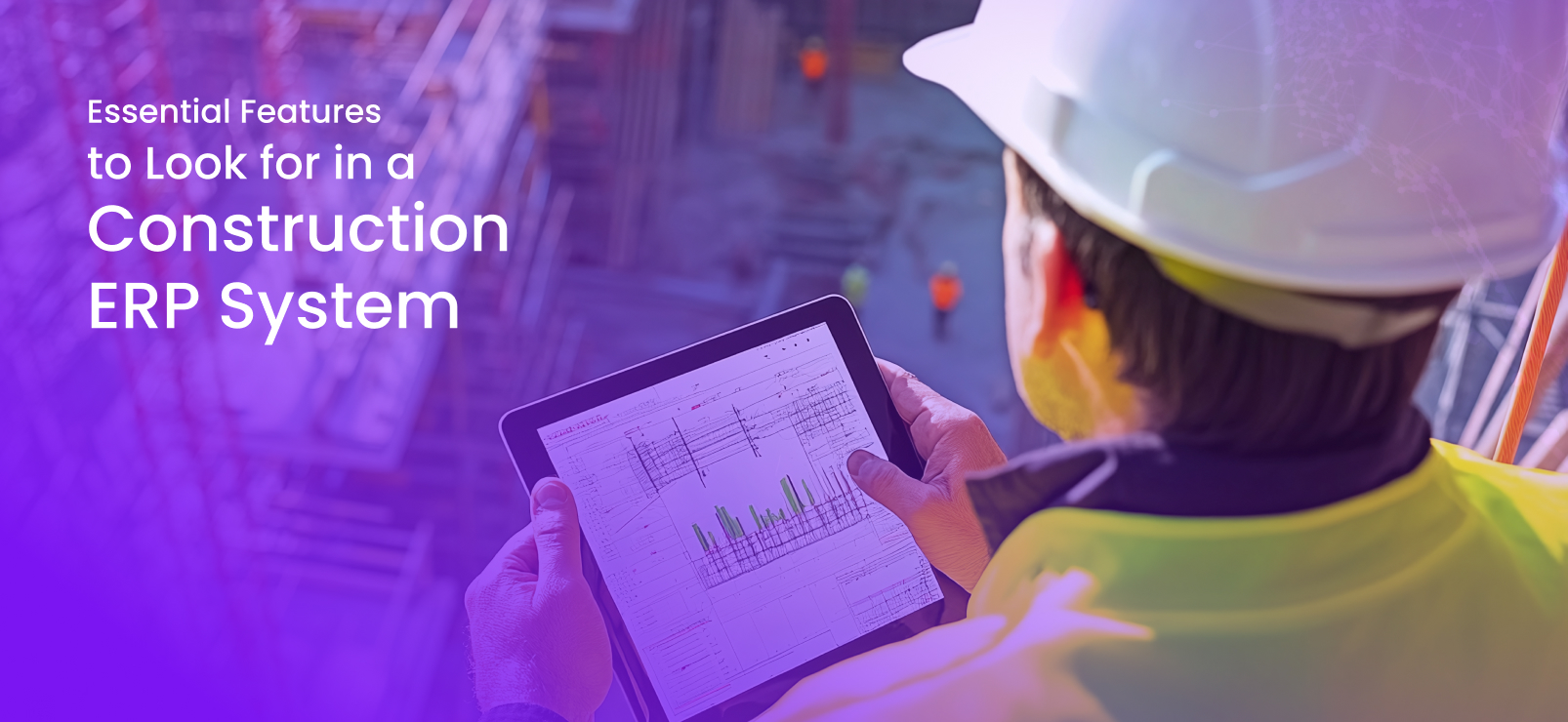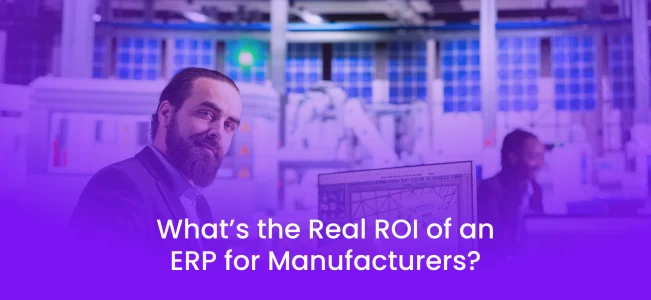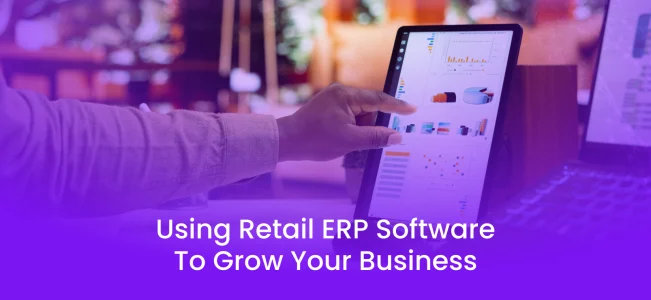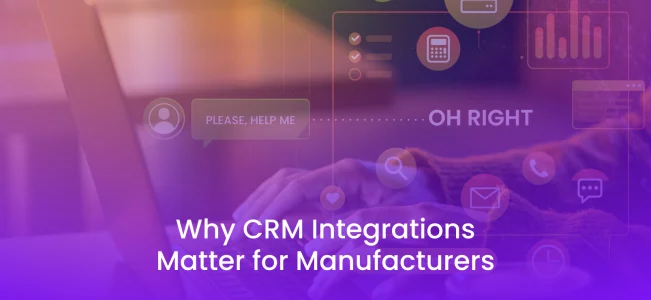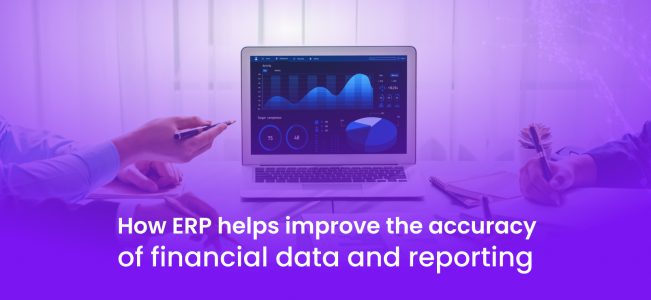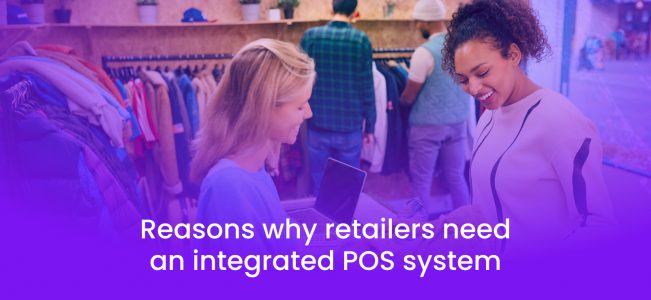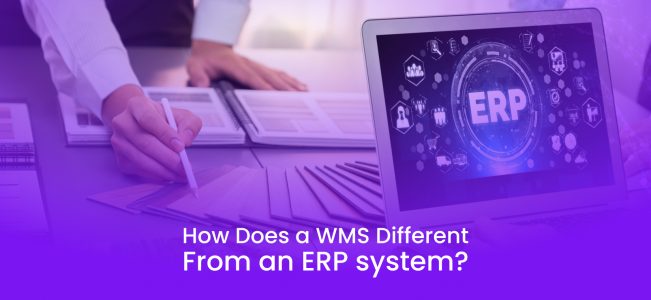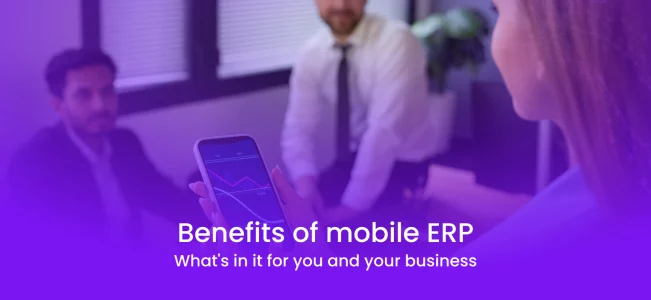Essential Features to Look for in a Construction ERP System
In the construction industry, efficiency and simplified workflows are significant for staying competitive. A well-executed ERP system can significantly improve operations, with some construction firms experiencing project delivery timelines improve by up to 24%.
However, not all ERP solutions succeed; many fail to scale or adapt to evolving business needs. In fact, 91% of organizations are looking for ERP systems with better integration capabilities, and 70% of decision-makers have made ERP modernization a key priority.
With 81% of U.S.-based construction businesses already using ERP software, and many currently upgrading their systems, it’s clear the shift toward digital transformation is well underway.
To opt for the right solution, construction companies must assess ERP systems not only for existing needs but also for adaptability to evolving technologies like AI and business intelligence.
Here are the top 10 essential features to consider when choosing a construction ERP system.
Consistent Improvement
As construction technology continues to advance quickly, maintaining a mindset of ongoing improvement and innovation is crucial. Having a dedicated research and development team behind your ERP solution ensures it remains aligned with the latest industry trends, keeping your business competitive and current with emerging technologies.
CRM Integration
An ERP system with built-in CRM tools makes it much easier to manage your customer relationships. From communication and lead tracking to customer data, everything is stored in one place, giving you a clear picture of what your clients need and how they interact with your business. This helps you connect with them in a more meaningful way, improve their experience, and ultimately close more deals. With time, it leads to stronger relationships and steady growth for your business.
Automated Regulatory Processes
Staying compliant with regulations is a big deal in the construction industry—but it doesn’t have to be a headache. A modern ERP system can take a lot of the pressure off by automating compliance tasks, keeping detailed audit records, and generating the reports you need. That means less risk of fines or legal issues and more peace of mind knowing your business is meeting industry standards. Plus, many ERP systems come with built-in risk management tools that help you catch and fix potential problems before they turn into costly setbacks.
Mobile Accessibility
As more teams need to stay connected on the go, having a mobile-friendly ERP system is a must. Not only it allows field workers to access up-to-date information, keep track of project progress, but stay in touch with the office from anywhere. Being able to use the system on mobile devices helps everyone work more effectively, makes communication smoother, and fasten the project completion. This way, teams can make quicker, smarter decisions, irrespective of where they’re working from.
Real-Time Reporting
Construction projects often involve multiple teams and stakeholders across various locations. Real-time reporting let all parties to access integrated data and make informed decisions promptly. Modern ERP systems centralize data, eliminating silos and enabling better collaboration and decision-making, ensuring everyone stays aligned and projects remain on track.
Customer Support
Your ERP provider should act as a strategic partner, offering committed teams such as customer success specialists and account managers. Ensure that your provider has a solid track record by speaking with existing customers about their experiences, especially regarding support timelines and product updates. Additionally, look for features like readily accessible support staff, a knowledge portal, in-person and remote training options, and even virtual chatbots for on-demand help.
Seamless Integration
In today’s digital world, everything needs to work together smoothly. That’s why your ERP system should easily connect with other tools and platforms, so data can flow effortlessly between them. Having an open API makes it simple to link up with third-party apps, boosting the system’s overall capabilities. This kind of flexibility is especially important for bringing together financial, project, and operational info from different departments and partners.
Advanced UI/UX
The user interface and experience of your ERP system are critical to its adoption and success. A well-designed ERP should be intuitive, with a clean layout, organized fields, and easy navigation. Whether using a desktop or mobile device, the UI/UX should minimize the need for excessive typing, provide a clear visual hierarchy, and support efficient task completion, ensuring users can focus on their work rather than navigating a complex system.
Scalable/Flexible
As construction companies grow, their needs evolve, and their ERP system should be able to keep up. A scalable ERP solution allows your business to expand without hitting limitations. It should adapt to changing market trends, increased project volumes, and new requirements, while offering customization options to align with specific business processes and objectives.
Construction-Focused
The construction industry has unique challenges and demands. A construction-specific ERP system is designed with these in mind, offering specialized features such as project management tools, resource allocation, scheduling, budgeting, and tracking. These capabilities streamline project planning, enhance team collaboration, and give you better control over project costs and timelines, ultimately improving your overall project delivery.
Final Thoughts
Choosing the right construction ERP system is important for improving operational efficiency and staying competitive in an evolving industry. A strong ERP system well-equipped with key features like smooth integration, mobile accessibility, real-time reporting, and robust customer support can drive enhanced project delivery, improved collaboration, and better decision-making.
How does the CERP Suite help?
CERP Suite is a flexible, all in one ERP solution designed to meet the specific needs of the construction industry. It brings together tools for inventory, HR, supply chain, and accounting to simplify your daily operations and provide real-time insights that help you make smarter decisions. Plus, it’s built to grow with your business, so you won’t have to worry about outgrowing the system. With expert support and smooth implementation, CERP Suite keeps your workflows running smoothly and ensures you stay compliant with regulations. Whether you choose cloud-based or on-premise, it helps streamline complex tasks, boost team collaboration, and keep your projects on track no matter where you are.
